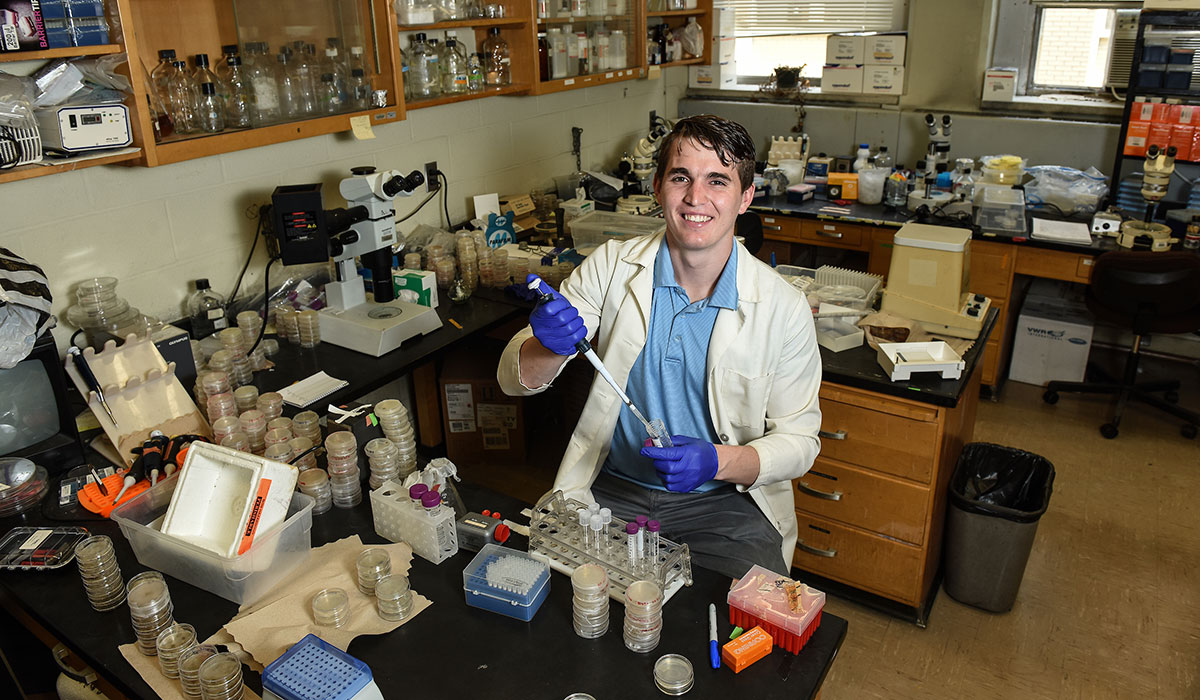We transform students into scientists and innovative thinkers. Students get the opportunity to work on groundbreaking research from our own campus laboratories, and get a feel for modern molecular techniques. After just one year, students engage in independent studies, with the aid of faculty, graduate mentors in the doctoral program, and small-scale courses, so that every student gets the chance to receive personalized attention.
In order to train biologists who are critical thinkers and ready to work at the cutting edge of science and medicine, we have designed a unique sequence of classroom laboratory experiences in the first two years of the program to provide progressively more sophisticated exposure to modern molecular techniques. These range from learning the basics freshman year to participating in all aspects of planning and carrying out an independent, classroom research project sophomore year. Further, we emphasize developing the oral and written communication skills of our majors. Our students repeatedly say that our sophomore sequence is a major strength of our department and has had a transformational effect on their thinking about biology and their careers.
Dual majors are also possible. A major in biology automatically fulfills the requirements of most universities for postgraduate studies in medicine, dentistry, or veterinary medicine as well as for graduate studies in various disciplines within biology such as microbiology, cell biology, molecular biology, genetics and others.
The distinctiveness of the Biology program is that our courses and research laboratories are small so the students can receive a lot of personal attention. The other unique aspect is that we have a doctoral program so the undergraduates can work closely with graduate students in mentoring relationships on a project of mutual interest. That is not very common at a small-sized liberal arts institution. There are many opportunities for undergraduates to do research in the laboratories of faculty members and at area research facilities, such as the National Institutes of Health. Such experience can provide preparation for post-graduate employment in biological or biomedical research.
To be accepted as a major in biology, a student should normally have completed four semesters of biology and four semesters of chemistry with a science GPA of 2.5 and a cumulative GPA of 2.0. Students transferring to biology from another major or who have been undecided majors, as well as students who are transferring from another institution, will be expected to have maintained the same grade point average, though course requirements may be modified.
-
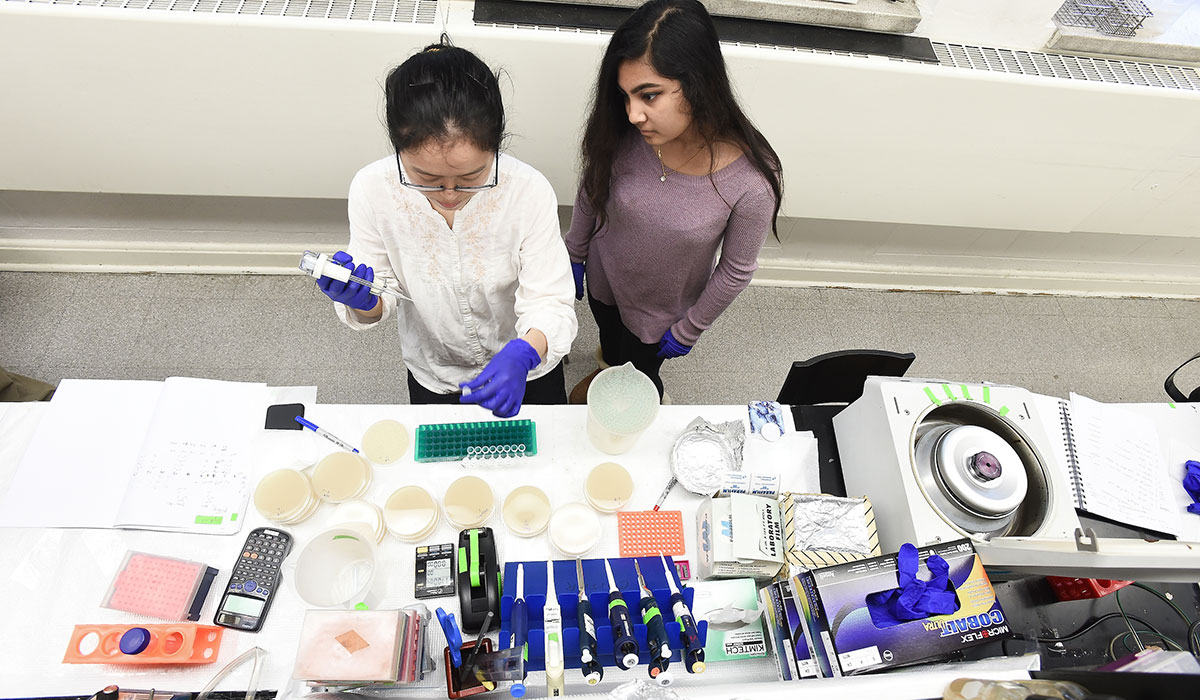
Biology (B.S./B.A.)
The Department of Biology offers a Bachelor of Arts and a Bachelor of Science in biology.
-
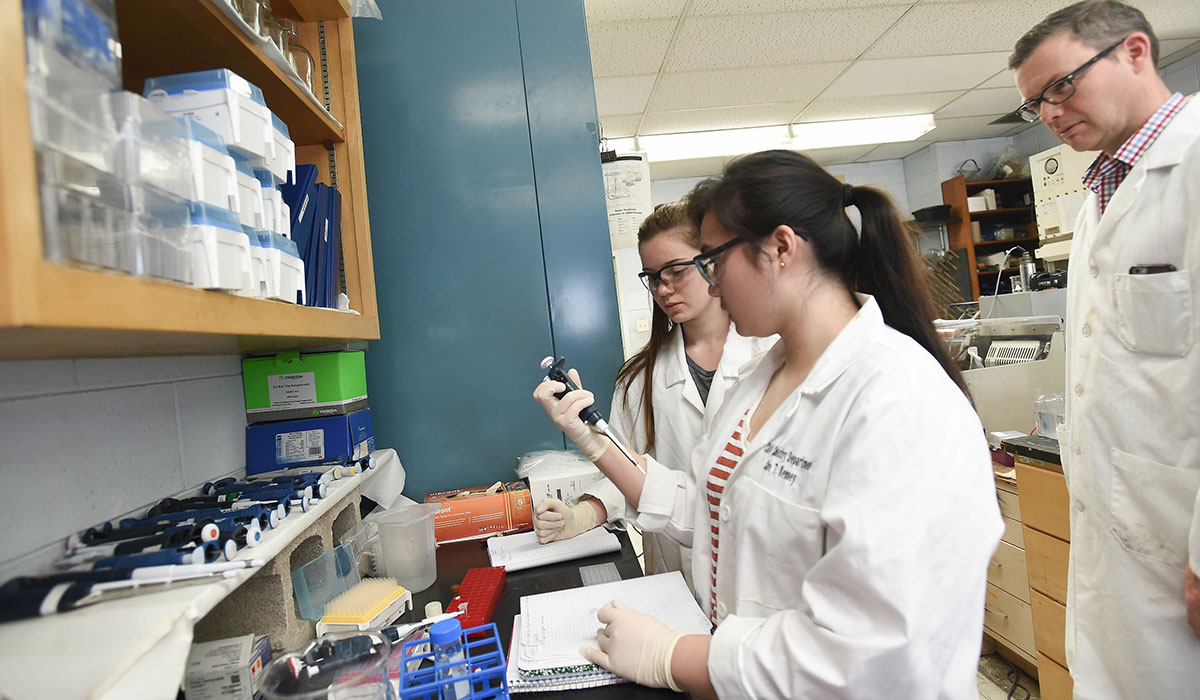
Biochemistry (B.S.)
The biochemistry program is an inter-departmental program administered by a committee selected from the faculty of the departments of Biology and Chemistry.
-

Premedical Program
The Premedical Program at the Catholic University of America is a university-wide program for students interested in medicine, pediatric medicine, veterinary medicine, dentistry, and physical therapy.
-
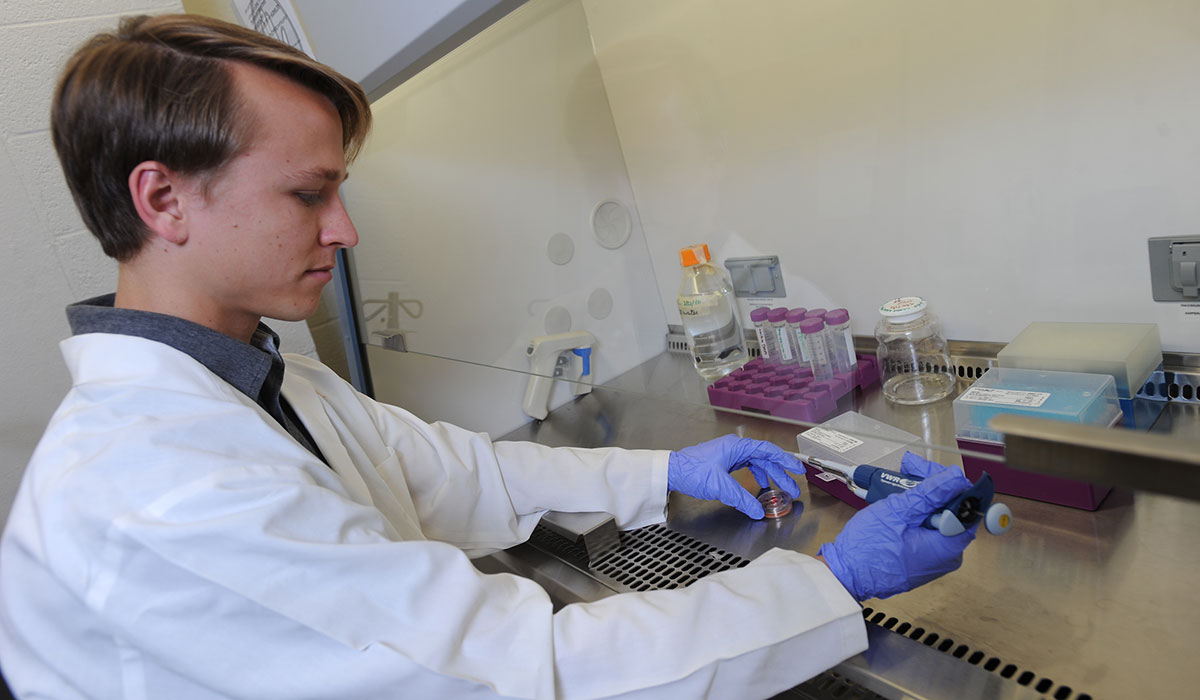
Minor
To minor in Biology, students must successfully complete a six-course sequence.
-
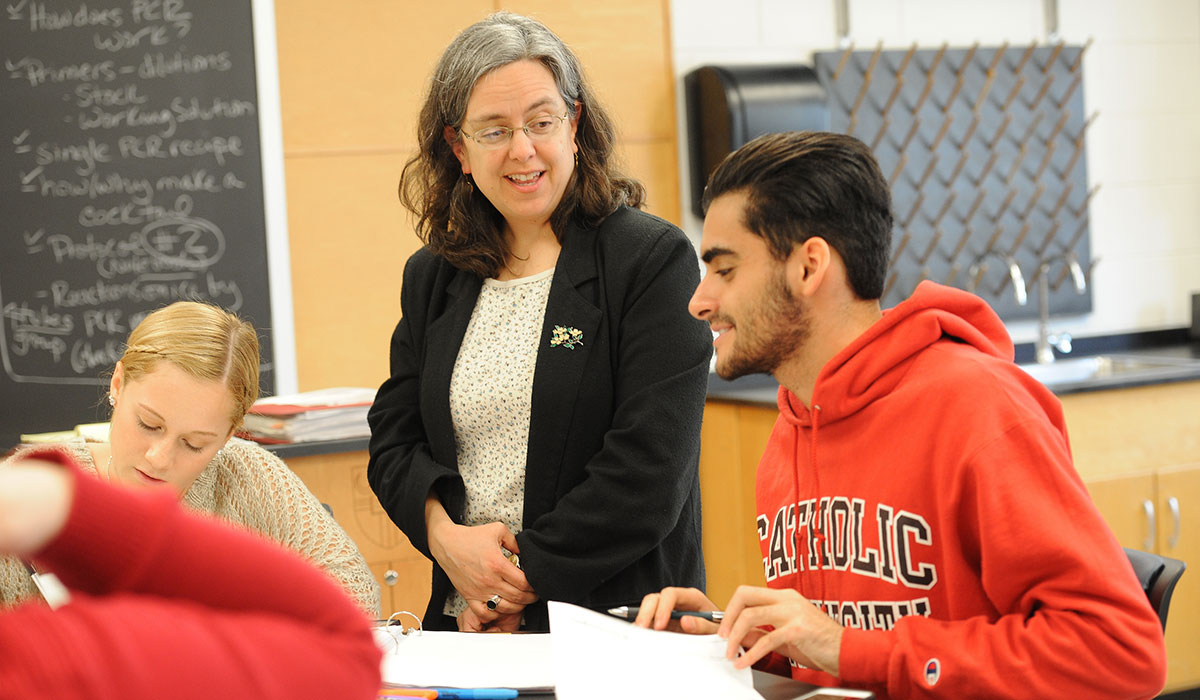
The Catholic University Advantage
Find out why Catholic University's biology program might be right for you.
-

Study Abroad
With careful planning, biology students can participate in study abroad programs.

